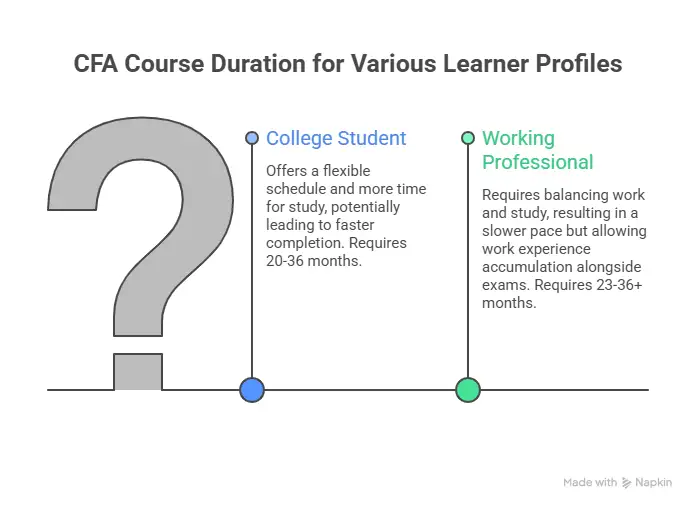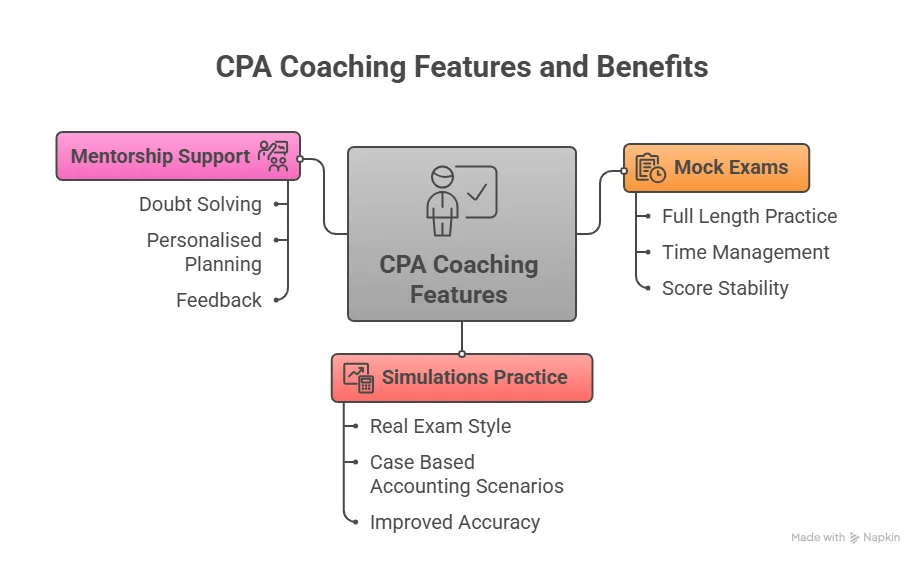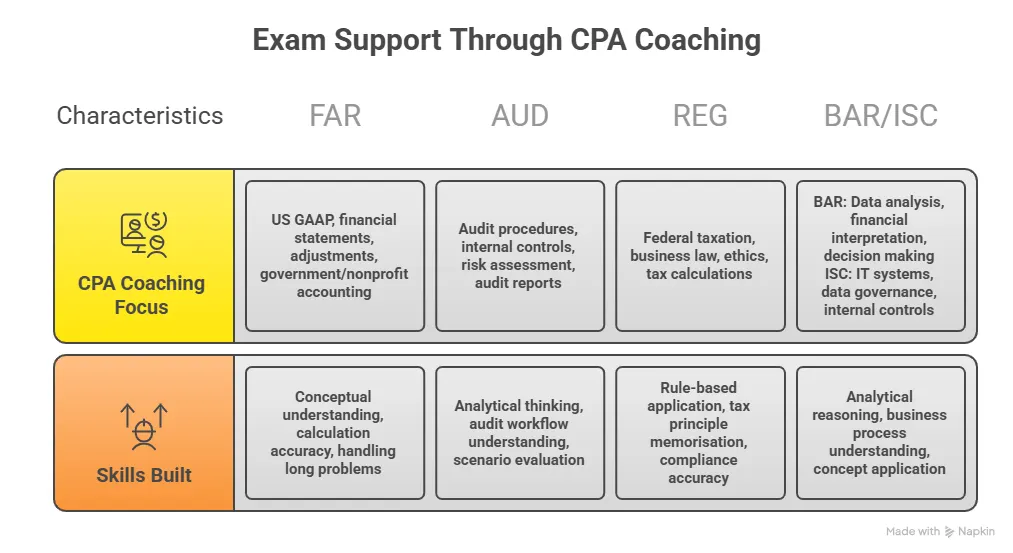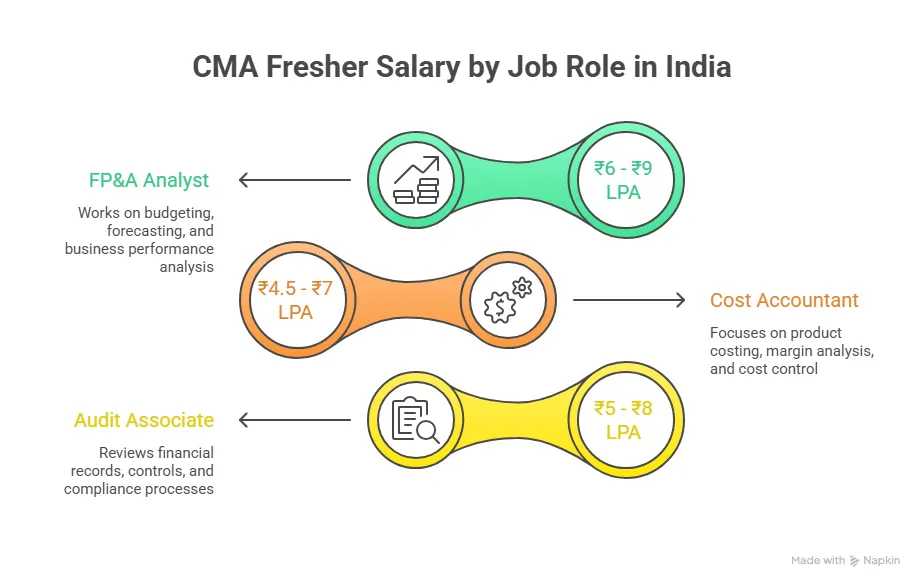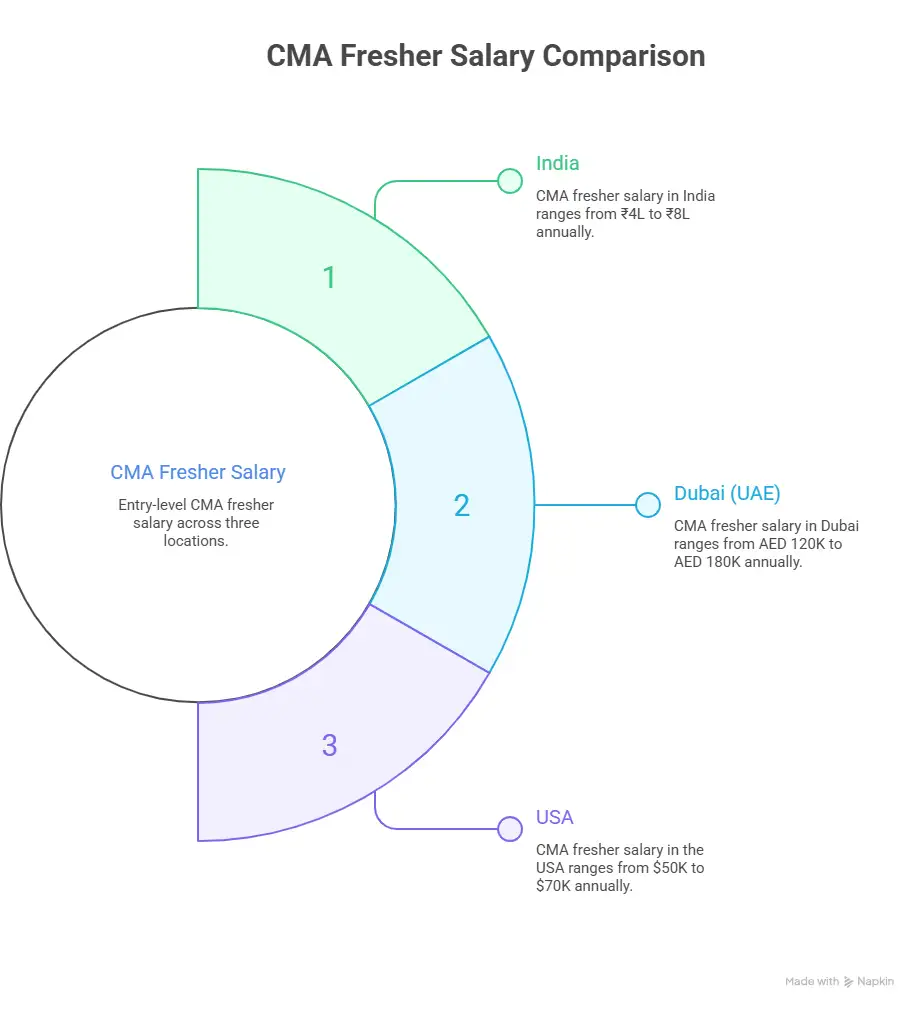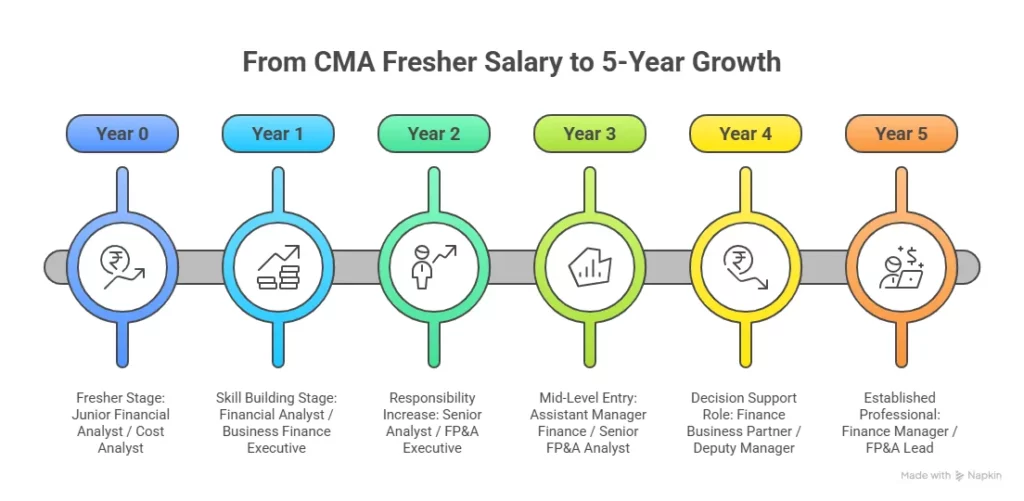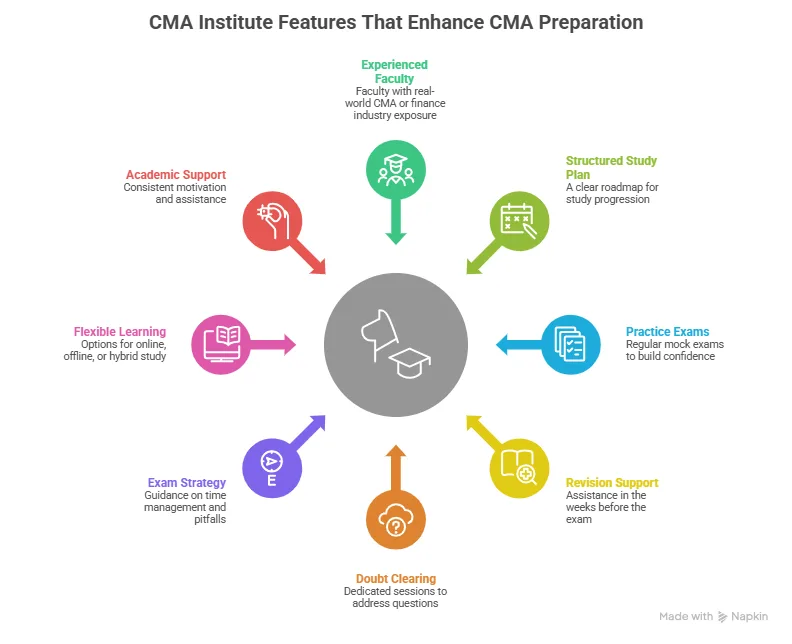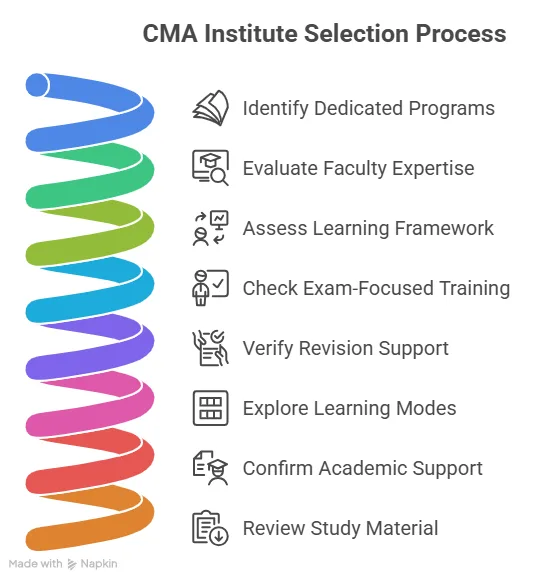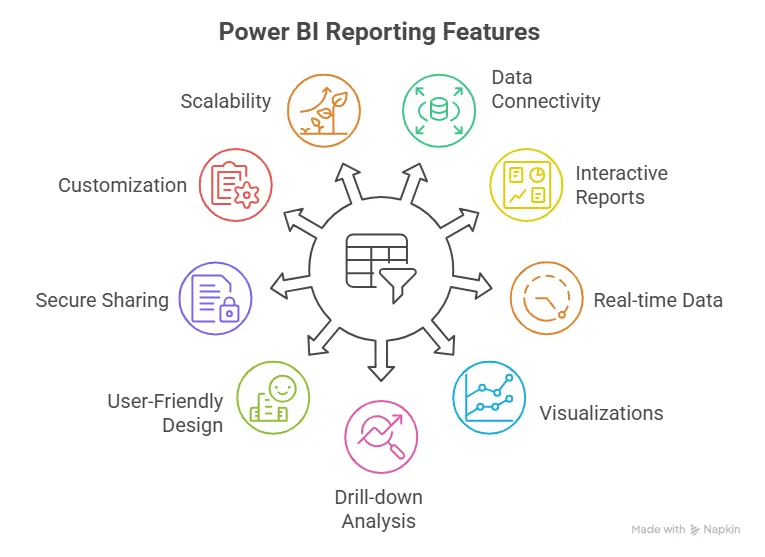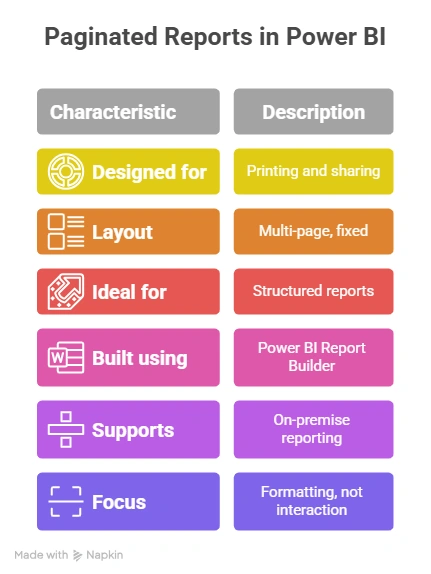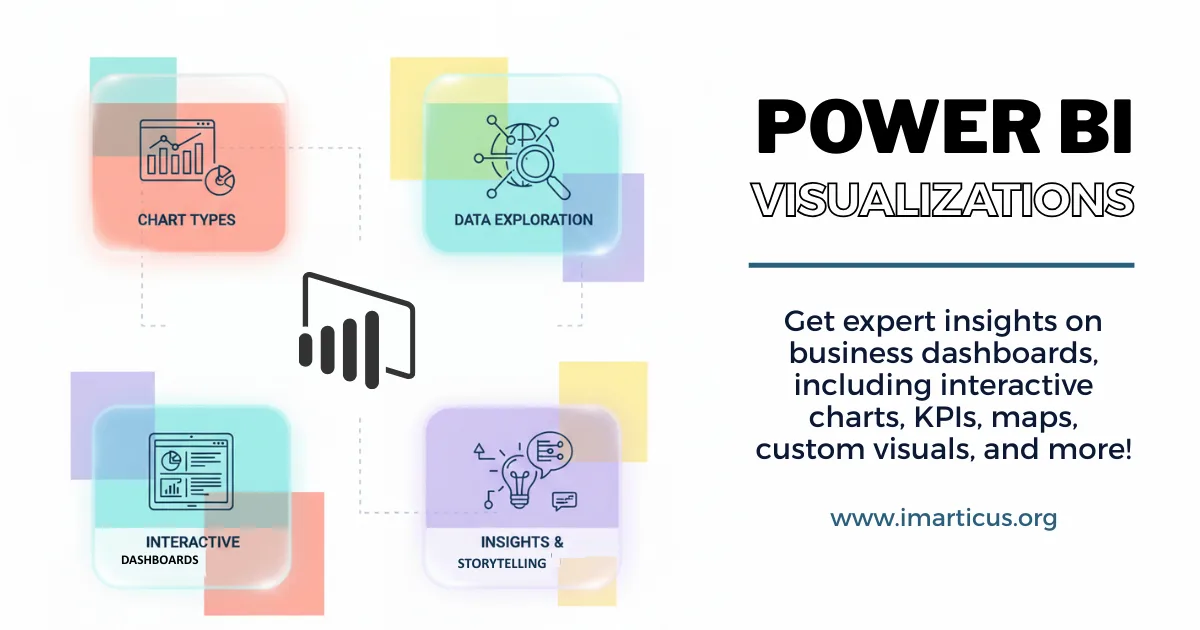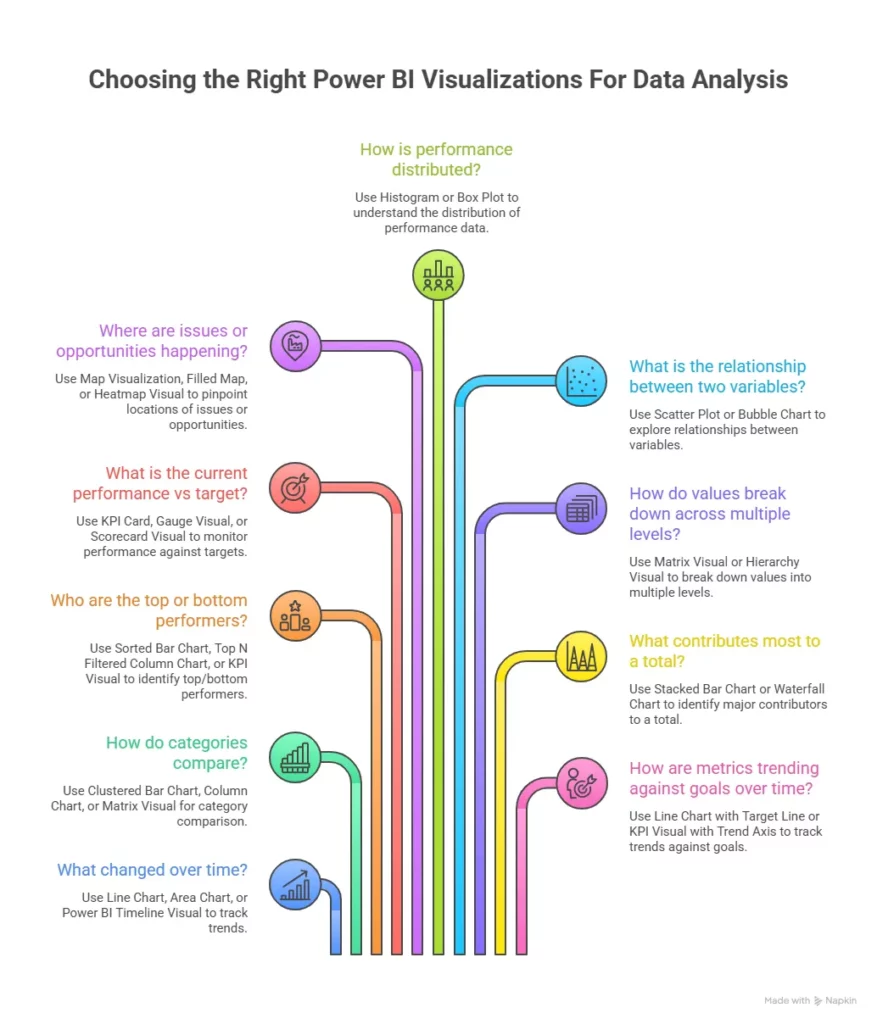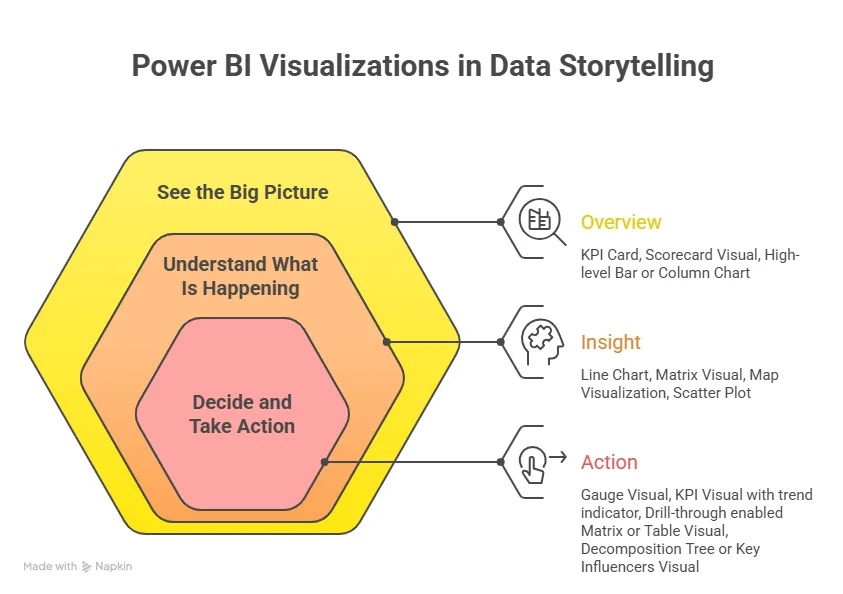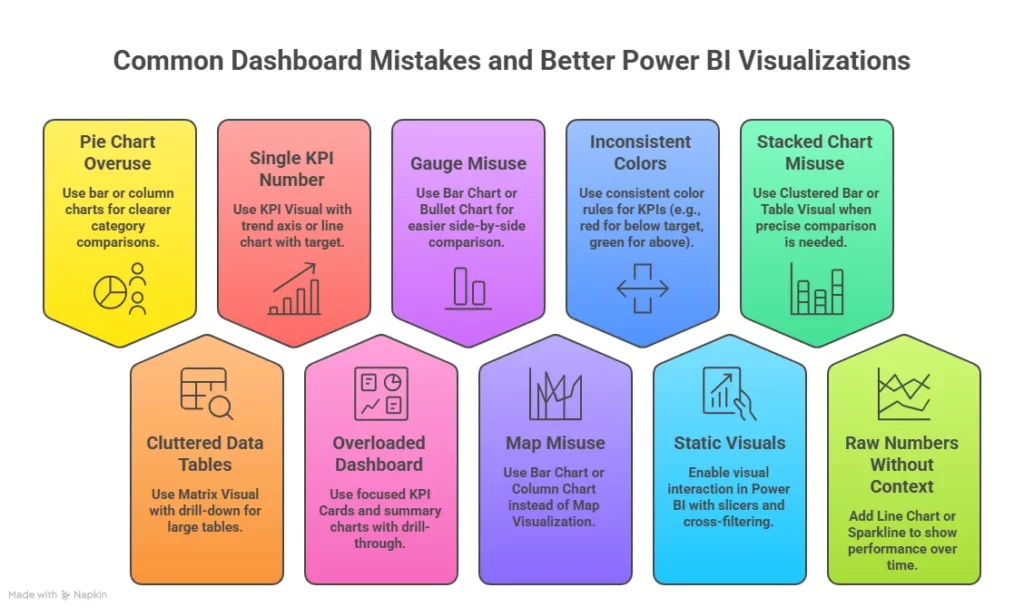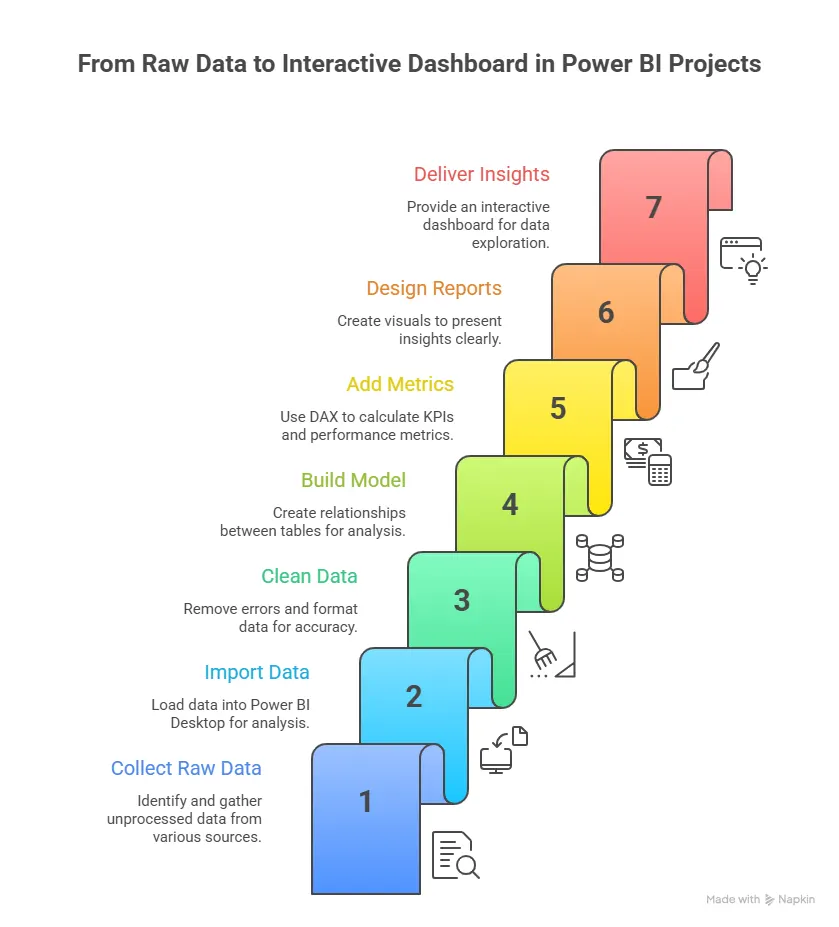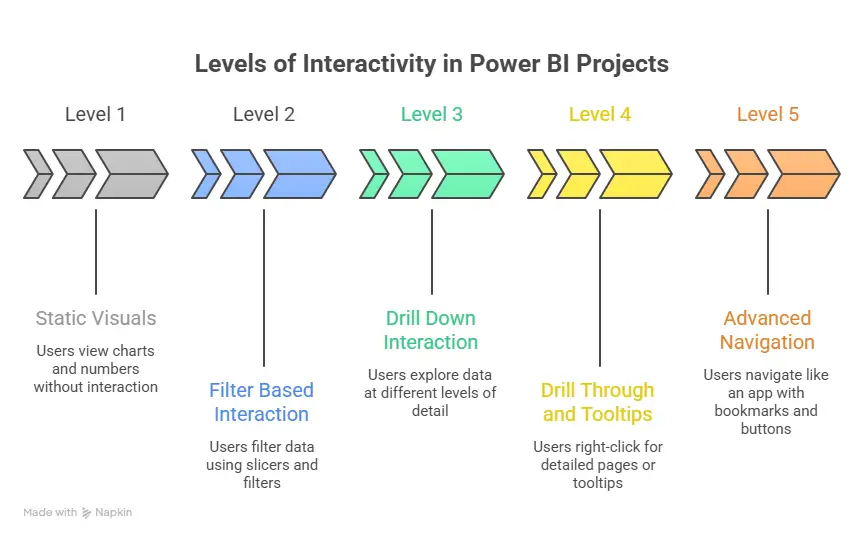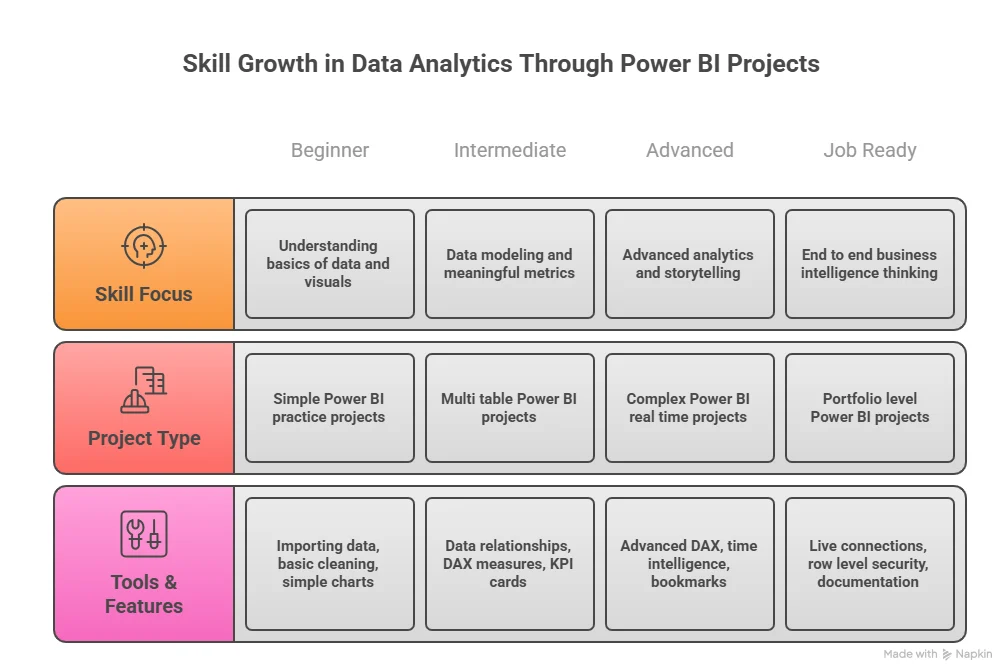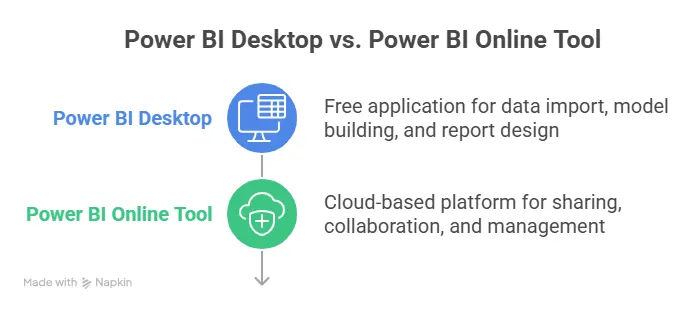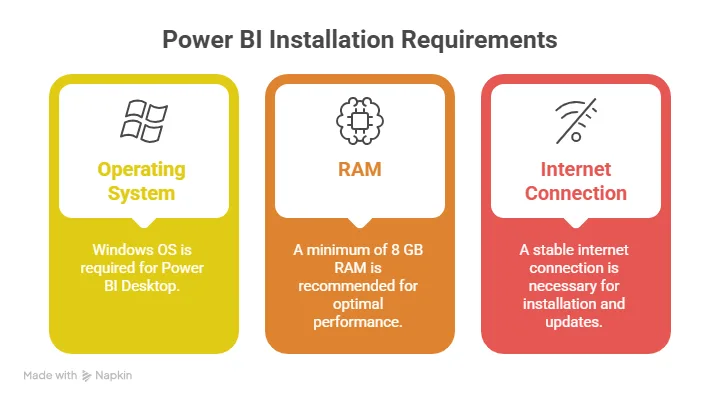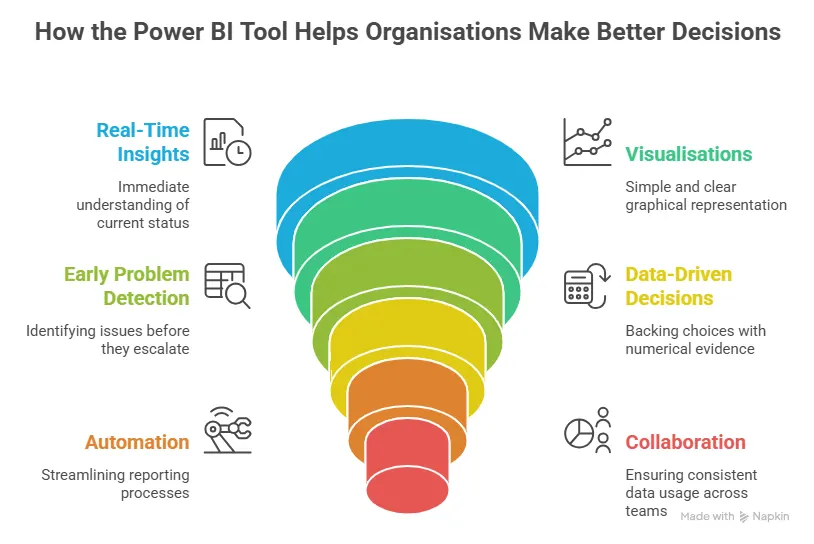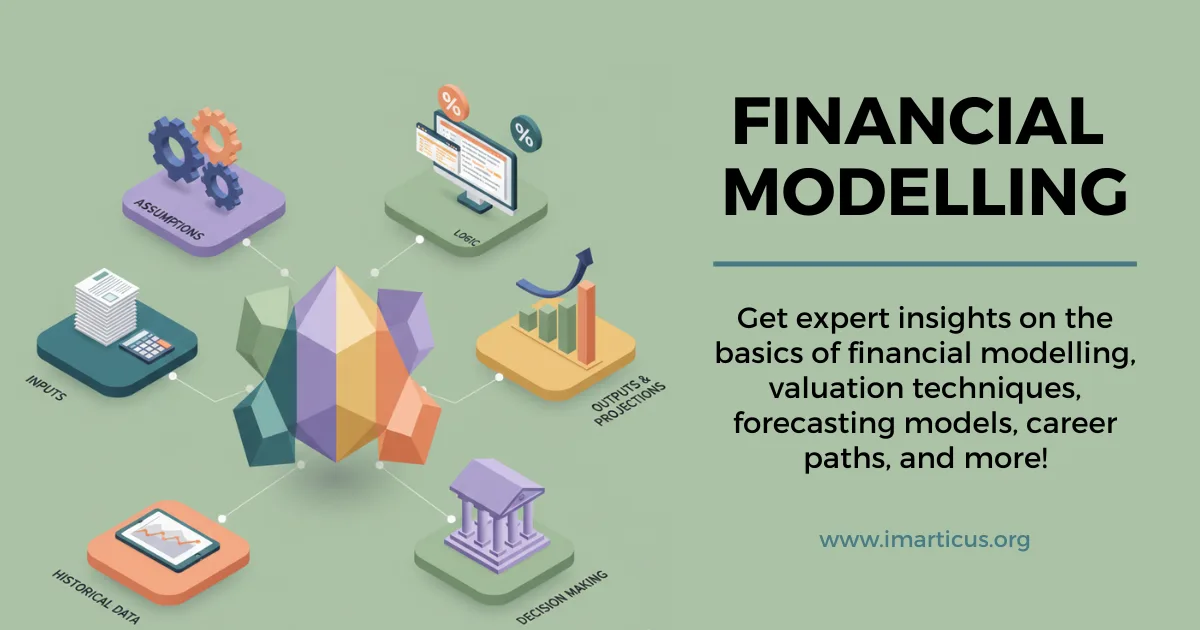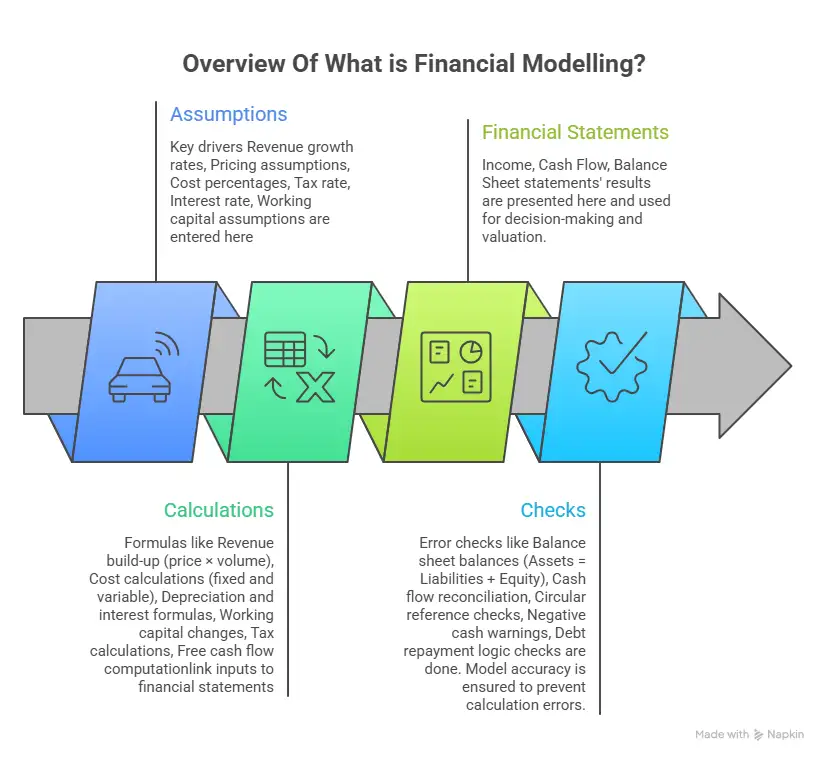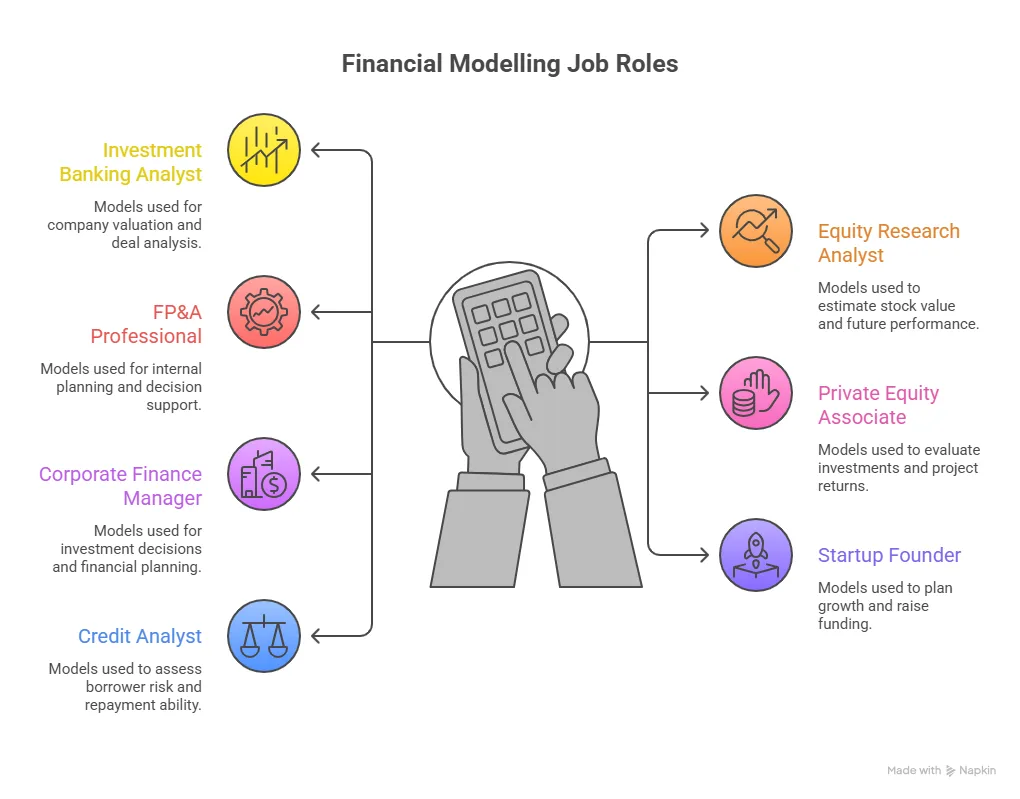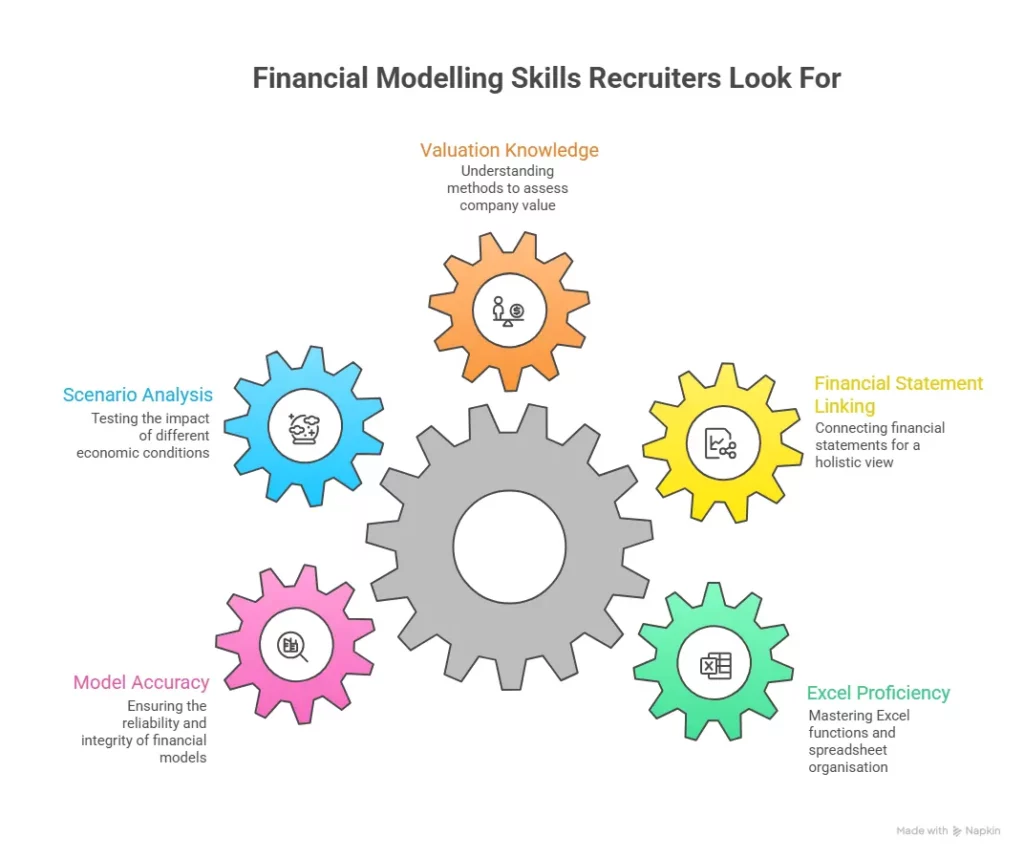If you’ve just completed your graduation and are wondering what comes next, CMA after graduation is often one of the first serious options that comes up and for good reason.
Graduation often feels like a finish line. But for many students, it quietly becomes a starting point instead. You complete your degree, attend the convocation, and suddenly the questions begin, sometimes from others, sometimes from within:
What now?
Is this enough to build a strong career?
Should I specialise further?
This is exactly when CMA after graduation starts appearing in conversations, searches, and career counselling sessions. Not because the CMA Certification is trendy, but because it answers a very real problem many graduates face: how to move from academic knowledge to real career value.
In this blog, I’ll help you get clarity, whether you’re a BCom, BBA, MBA, or Engineering graduate, or even someone considering CMA after post-graduation. We’ll talk honestly about eligibility, duration, percentage requirements, and how to apply for CMA after graduation, without exaggeration or pressure.
Did you know?
CMA has two exam parts, which many graduates complete within 12-18 months. This is one reason CMA, after graduation, appeals to students who want a focused, time-bound path instead of multi-level programs that stretch over several years.
Why So Many Graduates Consider CMA After Graduation
Graduation gives you a foundation, but rarely direction. Many graduates realise this within months:
- Jobs feel repetitive or underpaid.
- Growth paths seem slow or unclear.
- Roles don’t match the effort put into studying.
What is CMA naturally becomes part of the conversation. CMA enters the picture because it focuses on how businesses make decisions, not just how accounts are prepared. It’s designed for people who want to move closer to planning, analysis, and strategy.
That’s why CMA after graduation is often chosen by students who:
- Want global career options.
- Prefer corporate finance over audit or taxation.
- Want faster professional growth compared to traditional paths.
More importantly, CMA certification doesn’t require you to start over. It builds on top of your graduation.

CMA turns you into a finance professional who understands:
- How businesses plan and control their finances.
- How costs behave and impact profitability.
- How performance is measured and improved.
- How financial data supports decision-making.
- How project selection methods and strategy is evaluated from a financial perspective.
In simple terms, it works like this:
Graduation teaches you what finance is. CMA teaches you how finance is used. That shift from learning to applying is what makes CMA such a strong next step after graduation.
Also Read: CMA Course Fees Explained: Complete Cost Breakdown for US CMA Aspirants.
What Will You Study in the CMA Course After Graduation?
The CMA syllabus is divided into two parts:
Part 1: Financial Planning, Performance & Analytics
CMA Part 1 focuses on:
- Cost management
- Budgeting and forecasting
- Internal controls
- Performance measurement
Part 2: Strategic Financial Management
CMA Part 2 focuses on:
- Financial statement analysis
- Corporate finance
- Risk management
- Investment decisions
This structure is why CMA works well after graduation; it builds professional judgement rather than academic theory.
Is CMA Right for You After Graduation?
Clarity here saves time later. The CMA exam is designed for graduates who want to move beyond routine accounting tasks and step into roles that involve analysing information, planning, and supporting real business decisions. If that direction excites you, CMA can be a great fit. If it doesn’t, it’s better to realise that early.
| Feature | Is CMA a Good Fit? |
| You enjoy analysing numbers, trends, and performance. | ✅ |
| You want to work in corporate finance, FP&A, or strategy roles. | ✅ |
| You are interested in how business decisions are made. | ✅ |
| You prefer a globally recognised professional qualification. | ✅ |
| You want a time-bound course with clear outcomes (12-18 months) | ✅ |
| You are comfortable with consistent effort over time. | ✅ |
| You want to focus only on taxation or audit. | ❌ |
| You prefer purely academic or research-based careers. | ❌ |
| You are looking for a low-effort or quick certification. | ❌ |
| You want a role limited to routine accounting work. | ❌ |
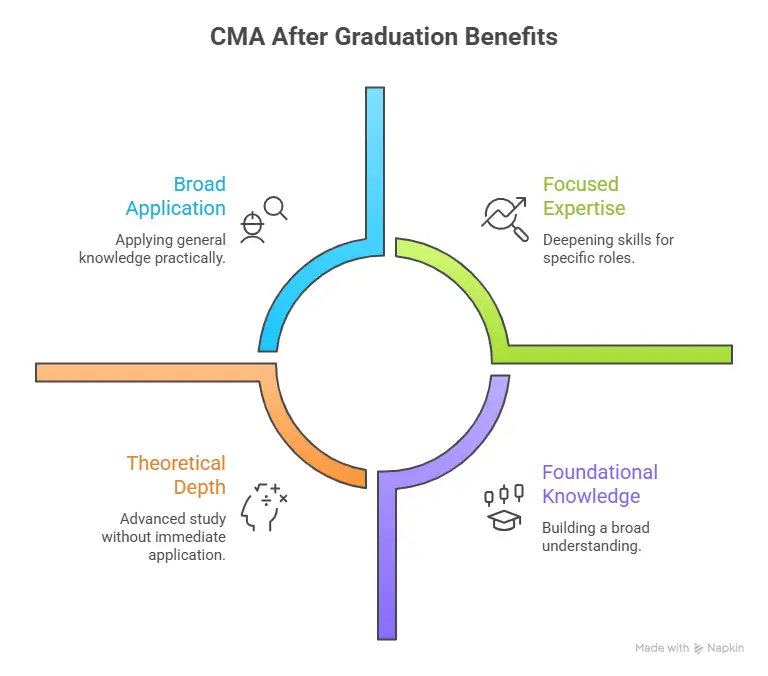
Understanding the costs involved in pursuing CMA can sometimes be as important as understanding the syllabus itself – especially if you’re planning your budget after graduation. To make this clearer, here’s a short video that breaks down the US CMA exam fees.
CMA Eligibility After Graduation
One of the first questions most students who wish to pursue CMA after graduation ask is a very practical one: Am I even eligible?
And the good news is, CMA eligibility criteria after graduation are quite flexible. You don’t need to come from a very specific background or tick off too many rigid boxes to get started.
To pursue CMA, you need:
- A bachelor’s degree in any discipline.
- Membership with the Institute of Management Accountants (IMA) (this can be taken while you’re studying).
- Two years of relevant work experience, which can be completed either before or after clearing the exams.
What this means in simple terms is that your graduation stream does not disqualify you.
Commerce graduates may find some topics of the CMA course subjects familiar at the beginning, but students from management, engineering, or even science backgrounds are equally eligible to pursue the CMA. The course is designed to build you up from the basics and gradually move into more advanced, decision-oriented finance concepts.
So if you’ve completed your graduation and are wondering whether CMA is an option for you, the answer, in most cases, is yes.
Percentage Required for CMA After Graduation
This question causes unnecessary stress, so let’s address it clearly. There is no minimum percentage required for CMA after graduation.
The CMA Institute does not specify:
- Cut-offs
- Minimum marks
- CGPA thresholds
What matters more is:
- Your commitment to study.
- Your ability to understand and apply concepts.
- Consistency over time.
CMA is a professional exam. It doesn’t reward past marks; it rewards present preparation. CMAs are valued for their ability to analyse numbers, explain what those numbers mean, and support management decisions.
Also Read: CMA Classes Explained: How to Choose the Right CMA Training Program.
CMA Course Duration After Graduation
Another big concern is time and the CMA course duration.
On average:
12 to 18 months is the typical CMA duration after graduation
Some complete it faster, some take longer; it depends on pace and commitments.
CMA has only two exam parts, which is one reason it’s popular among graduates who don’t want multi-level programs stretching over many years.
What Affects CMA Course Duration After Graduation?
A few factors that affect the duration of your CMA certification completion are:
- Whether you study full-time or alongside work.
- Your academic background.
- Exam attempt planning.
- Quality of CMA books, guidance and preparation.
With structured planning, many graduates complete CMA within a year to a year and a half.
| Type of Graduate / Learner | Typical CMA Duration | Why This Timeline Makes Sense |
| BCom / BBA Graduates | 12-15 months | Prior exposure to accounting and finance helps them adapt quickly to CMA concepts. |
| MBA (Finance) Graduates | 10-12 months | A strong background in management and finance allows faster progression. |
| Engineering / Science Graduates | 15-18 months | Concepts are new initially, but structured preparation helps bridge the gap. |
| Working Professionals | 15-18 months | Preparation happens alongside a job, so timelines are slightly extended. |
| Final-Year Students | 18-24 months | Many start CMA during graduation and complete it gradually after finishing college. |
If you’re still weighing whether CMA is truly worth your time, effort, and money, here’s a short, insightful video to help you decide with clarity that breaks down the real value of CMA – not in theory, but in terms of career outcomes, industry relevance, and long-term benefit:
Stream-wise Eligibility for CMA After Graduation
By this stage, many students have moved past the question of whether CMA is a good option; the question usually becomes more personal.
It’s no longer “Is CMA a good option?” It’s “Is CMA right for someone like me? And can I move ahead with CMA Registration?”
Not everyone comes from a commerce background, and it’s completely normal to wonder whether your graduation stream will make things harder or easier. Many students worry that choosing CMA might mean starting from scratch or struggling to keep up.
The reassuring part is this: CMA isn’t designed for just one type of graduate.
| Graduation Background | Is CMA Suitable? | Extra Preparation Needed? | Why CMA Works Well |
| BCom | ✅ | ❌ | Strong overlap with accounting, finance, and cost concepts |
| BBA | ✅ | ✅ | Builds finance depth on top of management basics |
| MBA (Finance / General) | ✅ | ✅ | Adds global professional credibility and technical depth |
| Engineering | ✅ | ✅ | Combines analytical thinking with business finance skills |
| Other Graduates | ✅ | ✅ | CMA focuses on application, not your prior background. |
This table gives enough clarity on how well the CMA after graduation works for you, and it is possible to pursue the CMA after post-graduation.
Also Read: CMA Salary in USA: What CMA Professionals Earn and Career Growth Trends
Why Choose Imarticus Learning to Prepare for CMA After Graduation
By now, most students aren’t asking what CMA is or if they can pursue CMA after graduation. They’re asking something far more important: Who will actually guide me properly through this?
The CMA program preparation is beyond classes. It’s about staying consistent for months, understanding concepts deeply, handling exam pressure, and not feeling lost halfway through. This is where many students feel the difference with Imarticus Learning.
What stands out:
- It starts with actually understanding the subject – Classes focus on helping students get the concept = why it matters in real businesses, and how it shows up in real decisions – instead of just teaching how to write exam answers.
- What you learn feels practical, not abstract – Topics are explained using real corporate finance situations, so you’re not left wondering, “Where will I ever use this?”
- Faculty who’ve seen both exams and the real world – Trainers know what the CMA exam expects, but they also understand how finance works on the job. That makes scenario-based questions feel far less intimidating.
- Regular check-ins, not last-minute surprises – Mock tests and assessments happen along the way, so weak areas are spotted early – before they turn into stress closer to exams.
- A learning environment that doesn’t add pressure – The emphasis is on guidance and support, not constant pressure. That balance really matters during a long, demanding course.
- Flexible enough for real life – Whether you’re a student or a working professional, the structure adjusts to your schedule – without letting you lose momentum.
For many aspirants, this balance of structure and support is what makes Imarticus a dependable choice.
FAQs About CMA After Graduation
By the time students reach this stage, their questions are no longer basic. They’re practical, honest, and often a little anxious. These frequently asked questions address the real doubts students have when they’re seriously considering CMA after graduation.
Can I pursue CMA immediately after graduation?
Yes. You can start CMA right after completing your graduation. You don’t need work experience to begin the exams. The experience requirement can be completed later after clearing the exams. CMA is a professional qualification focused on practical finance and decision-making. It often leads to faster career movement compared to adding another academic degree.
Is CMA after graduation better than doing another degree like MCom or a second MBA?
Yes, if your goal is academic depth or teaching, another degree may make sense. But if you’re looking for career acceleration, global exposure, and corporate roles, CMA offers something most degrees don’t: applied decision-making skills. CMA is designed to prepare you for how finance works in real businesses, not just classrooms. That’s why many graduates choose CMA instead of extending their academic journey.
Is CMA after graduation difficult for non-commerce students?
CMA is challenging, but it’s not restricted to commerce students. Engineering, science, and management graduates do well with structured preparation. The focus is on application, not prior background. Also, there is no minimum percentage requirement to pursue CMA. IMA does not specify cut-offs or CGPA thresholds.
Is CMA recognised in India?
Yes. CMA is globally recognised and valued by multinational companies operating in India. So if you’re aiming for a career in corporate finance, analysis, or strategy, especially in global or fast-growing Indian companies, CMA is not just recognised in India; it’s increasingly relevant.
What kind of roles can I get after CMA?
CMA professionals work in roles like:
- Financial Analyst
- FP&A Professional
- Cost & Performance Analyst
- Finance Manager
- Business Controller
These roles are typically closer to decision-making than traditional accounting jobs.
When should I start CMA after graduation?
There’s no perfect time, but starting within 6 to 12 months after graduation works well for many students, as academic concepts are still fresh. Institutes like Imarticus Learning help students to prepare well and clear their exams with fewer attempts, which helps them save costs and begin their careers early.
Is CMA after graduation worth the effort?
For students who want global exposure, faster growth, and roles beyond routine accounting – yes. CMA rewards consistency, clarity, and applied thinking.
Can I clear CMA through self-study alone?
Yes, you can, but self-study requires strong discipline, clarity on exam patterns, and a solid revision strategy. Many students start with self-study and later realise they need structure and guidance, especially as exams approach. Also, it can take more attempts, which results in a longer duration and more fees. Joining a CMA institute like Imarticus Learning helps remove confusion and keeps preparation steady over several months.
Is CMA After Graduation the Right Move?
Choosing CMA after graduation isn’t about chasing another qualification. It’s about deciding how seriously you want to shape your finance career.
CMA rewards clarity, consistency, and the ability to think beyond textbooks. And while motivation matters, the journey becomes far more manageable when you have the right guidance, structure, and support to back you.
The best CMA institute doesn’t promise shortcuts. It gives you a clear roadmap. It prepares you for pressure. And it helps you grow into a finance professional who understands decisions – not just numbers.
If you’re looking for a CMA after graduation, look for a course that is structured, industry-relevant, and supported at every stage, take the next step, explore the CMA program, speak to an advisor and get clarity on whether CMA fits your background and goals.
With the right learning partner, your aim won’t be to just clear an exam or pass the CMA course but to build a finance career that grows with you. Because the decision you make today has a quiet way of shaping where you stand tomorrow.





